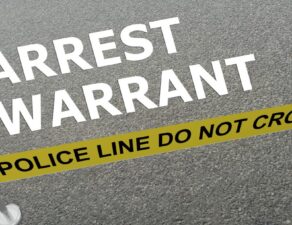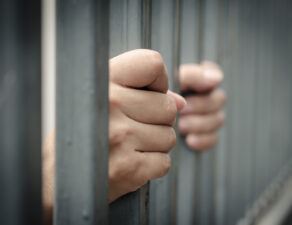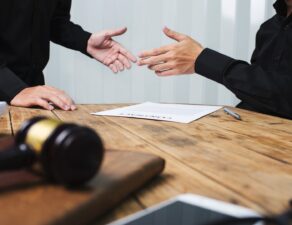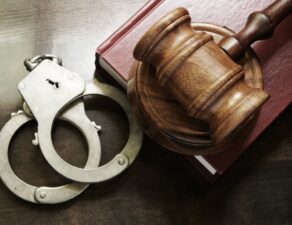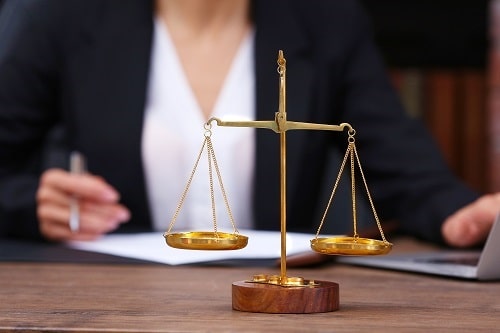
If you’re trying to find a really good criminal defense attorney, you can do a quick Google search and see what pops up. You can also ask your friends for some recommendations. Those two ideas might work, but there’s no way to be certain that the person you choose can do the job.
Instead, you need a criminal defense attorney who’s proficient in several areas, and you need to dig deeper to find out if they are. The areas are the ability to investigate, negotiate, advocate, and litigate. Let’s look at each one of these.
Investigation.
With a criminal matter, a thorough investigation is vitally important, so you need a defense attorney who is relentless and can commit the resources required to conduct an independent investigation in your case. This means that your attorney should be ready to look at the police reports from your arrest for any discrepancies or errors in police procedure; find key witnesses who can help tell your side of the story, and dig for exculpatory evidence (that clears you of the crime) that will help your case. The ability to investigate requires a criminal defense attorney who will search for answers and devote the time necessary to get to the bottom of the issue.
Negotiation.
All lawyers pick up negotiation skills from being in practice and dealing with opposing counsel on deadlines, contract terms, and settlements. But a good criminal defense lawyer has to be a superior negotiator. The reason is that your case and your future weigh in the balance. In a criminal matter, it may mean the difference between a dismissal and prison time. You need a fierce negotiator who can begin a conversation with the prosecutor to examine all of the points in your case.
Advocacy.
It’s so crucial that your criminal defense attorney is a real advocate for you. This means seeing that your best interests are at the center of your defense, as well as protecting your legal rights at every point of the judicial process. A good criminal defense lawyer will argue procedural and evidentiary issues to the court that may result in favorable rulings in your defense or the dismissal of the case entirely.
Litigation.
Attorneys and their staffs need a lot of time to prepare for hearings and for trial. This may include testing evidence and finding expert witnesses to testify on your behalf. A good criminal defense lawyer will also be persuasive in court and tell your side of the case passionately.
Other Factors
Some other ways to measure a lawyer’s legal ability is by simply talking to them. Most attorneys will give you a free initial consultation. If so, consider these discussion topics when meeting with an attorney for the first time:
Experience in criminal law.
You want a criminal defense attorney who devotes all or nearly all of her time to criminal defense cases. Ask the attorney how long she’s been in practice and the portion of her practice that’s in criminal matters. You’re going to be much better represented by an attorney who handles numerous criminal cases a year versus the attorney who only handles a handful and also does family or personal injury law. Also, many criminal defense lawyers are former prosecutors, so ask if they have that experience. An experienced criminal defense lawyer will know the local prosecutors and which ones are more likely to negotiate a plea deal. A local lawyer who works only in criminal defense will also know how the police department works with the prosecution, along with the way in which the trial judges interpret local rules and court procedures. All of this knowledge provides your criminal defense lawyer with more information on how to create the best defense strategy for your case.
Special skills or certifications.
The Florida Bar says an attorney who meets specific standards may be issued an appropriate certificate identifying the lawyer as either “Board Certified in Criminal Trial Law” or “Board Certified in Criminal Appellate Law.” So, if a lawyer says that she’s “certified,” ask them about the certifying organization and what the training entailed.
Fees and billing structure.
Find out exactly what the attorney will charge you for your defense, and ask for an estimate. An experienced criminal defense lawyer should be able to tell you roughly how long a case will take for a specific offense. The attorney should also have you sign a written fee agreement or representation agreement (also known as an “engagement letter.”).
References from other clients.
Talking former clients is a great way to get an honest and candid assessment of that individual’s experience with the criminal defense lawyer.
Your comfort level.
Finally, how do you feel about working with this attorney? Are you comfortable—better yet confident—with this person representing your legal needs in your case?
Takeaway
A criminal defense lawyer is involved in every step of the criminal process to make certain that the client is treated fairly and has the best opportunity for success. Be certain to hire a lawyer who has the ability to investigate, negotiate, advocate, and litigate to help you achieve the best possible outcome for your case.
Contact the criminal defense attorneys at McLean & Mitchell to discuss your case in a free consultation.
Our attorneys were former state prosecutors and know the inner workings of Florida’s criminal justice system. McLean & Mitchell are experienced, qualified criminal defense experts in Tampa, Florida. We fight for your rights.

